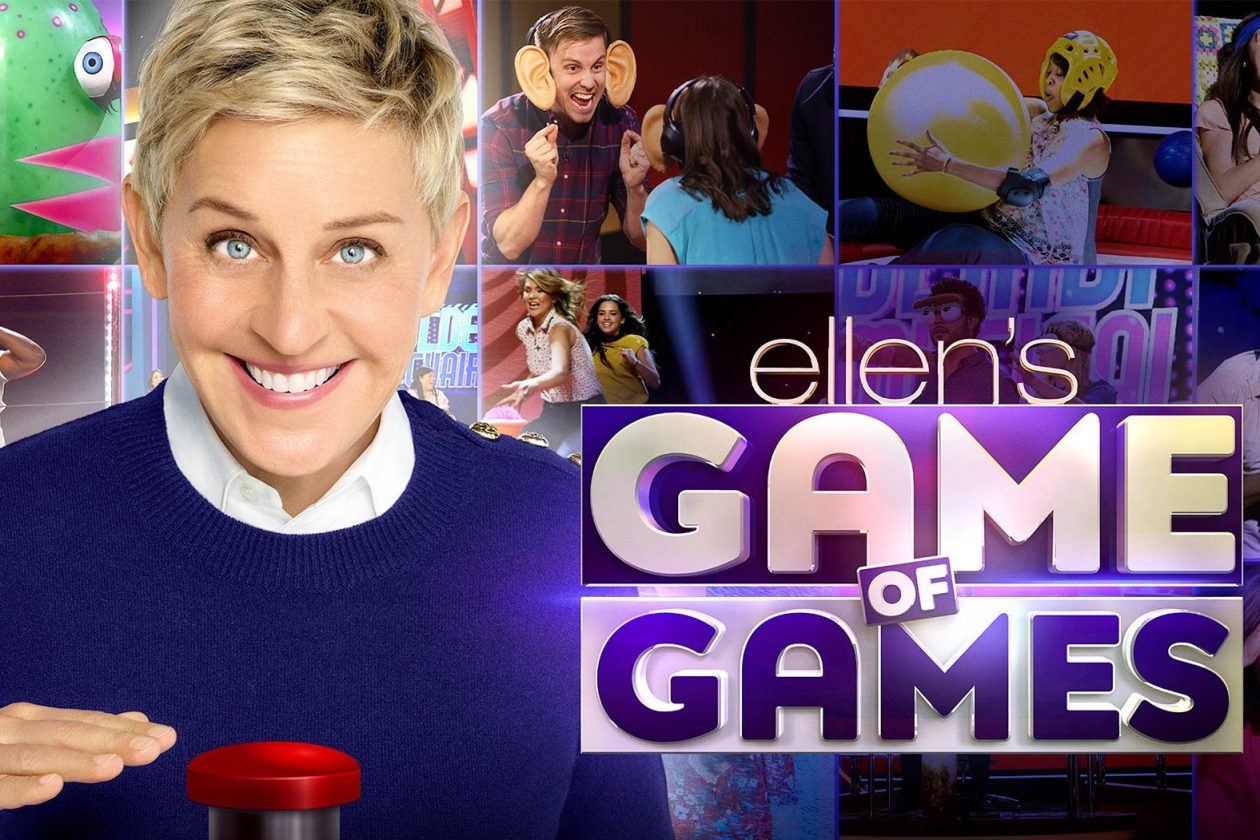HitPoint Studios has made its name as a work-for-hire studio. And lately, a lot of that work has been in augmented reality games. One of the prominent ones is the Game of Games the Game, a mobile app that HitPoint created for The Ellen Degeneres Show.
Ariella Lehrer, president of HitPoint in Los Angeles, said in an interview with GamesBeat that the smartphone-based AR technology is being used by fans of the TV show, which airs on NBC and is a spinoff of Degeneres’ talk show. And so far the AR mobile game is giving a big boost to the engagement levels for both the show and the app.
![]()

![]()